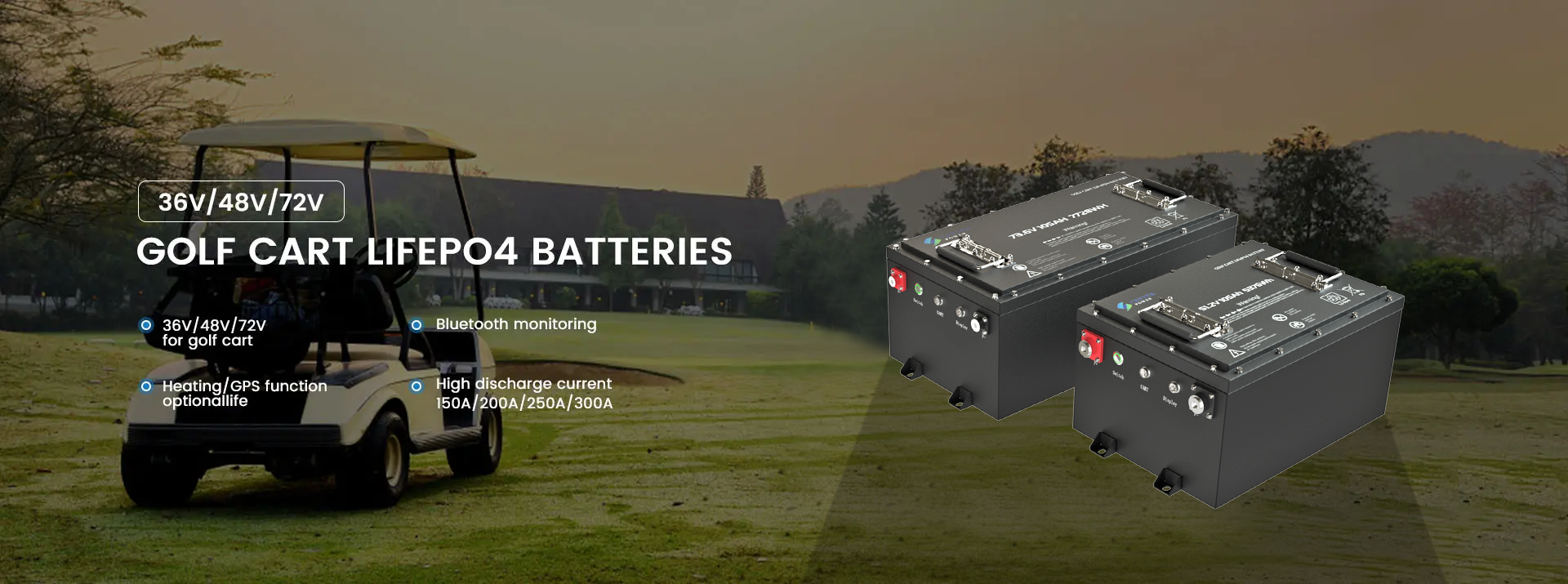
The Risks of Overcharging Forklift Batteries and How to Prevent Them
Forklifts are essential to the operations of warehouses, manufacturing facilities, and distribution centers. A critical aspect of maintaining forklift efficiency and longevity is proper battery care, which includes charging practices. Understanding whether you can overcharge a forklift battery and the risks associated with it is crucial for optimal forklift management.
Understanding Forklift Battery Types
Before diving into the risks of overcharging, it's important to understand the types of batteries used in forklifts:
Lead-Acid Batteries: Traditional and widely used, requiring regular maintenance including proper charging cycles.
Lithium-Ion Batteries: Newer technology that supports faster charging and less stringent maintenance, but comes at a higher cost.
Can You Overcharge a Forklift Battery?
Yes, overcharging a forklift battery is possible and common, especially with lead-acid types. Overcharging occurs when the battery is connected to a charger for an extended period after reaching full capacity. This section will explore what happens when a forklift battery is overcharged and the differences in risk between battery types.
Consequences of Overcharging
For Lead-Acid Batteries
Reduced Battery Life: Overcharging can significantly decrease the overall lifespan of the battery due to the degradation of active materials inside the battery.
Increased Costs: The need for more frequent battery replacements and potential downtime impacts operational budgets.
Safety Risks: Overcharging can lead to overheating, which might cause explosions or fires in extreme cases.
For Lithium-Ion Batteries
Battery Management Systems (BMS): Most lithium-ion forklift batteries are equipped with a BMS that helps prevent overcharging by automatically stopping the charge when full capacity is reached.
Safety and Efficiency: While safer from overcharge risks due to the BMS, it's still important to follow manufacturer guidelines to maintain battery integrity and warranty.
How to Prevent Overcharging
Use Appropriate Chargers: Employ chargers that are specifically designed for the battery type of the forklift. Many modern chargers are equipped with automatic shut-off features once the battery is fully charged.
Regular Maintenance: Especially for lead-acid batteries, ensuring that charging routines are followed according to the manufacturer's specifications is crucial.
Employee Training: Train staff on the correct charging procedures and the importance of disconnecting the battery once fully charged.
Monitor Battery Health: Regular inspections and tests can detect early signs of battery wear or damage, indicating when charging practices may need adjustment.
Overcharging a forklift battery is a common issue that can lead to reduced efficiency, increased costs, and safety hazards. By using the right equipment, adhering to recommended charging procedures, and ensuring that all personnel are well-trained, businesses can extend the lifespan of their forklift batteries and enhance operational efficiency. Understanding the characteristics of different types of batteries and their specific maintenance needs is key to preventing overcharging and maximizing forklift performance.
Post time: Jun-07-2024






